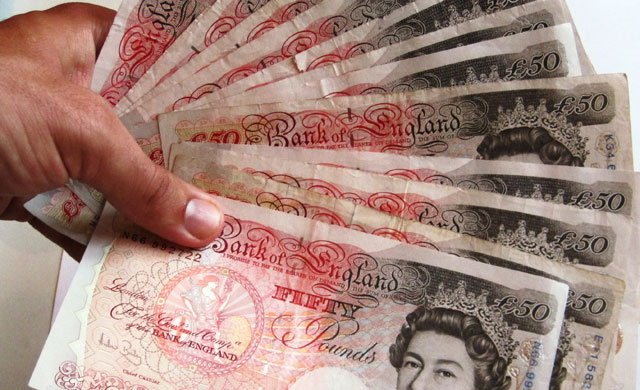The value of the Pound has now suffered from six consecutive weeks of falling prices against the US Dollar, making for grim reading for investors in Sterling and bringing an ill financial wind to take the edge off the summer heatwave.

The reason for the Pound’s problems, it seems, is Brexit. Or, specifically, the prospect of a ‘no deal Brexit’, which seems to be an increasingly realistic outcome.
International Trade Secretary Liam Fox recent said that there was a ‘60/40’ chance of the negotiations with the EU ending in no deal while Bank of England Governor Mark Carney said that the chances of this outcome were ‘uncomfortably high’.
Parliament is also in its summer recess, meaning that MPs are away from Westminster and that there’s little chance to ease nerves through debates, motions or actions in the Commons. The Government had planned to make a series of announcements about its preparations for a no deal – but seemingly decided to make one big announcement instead to avoid the drip feed of negative headlines which may cause more alarm.
The markets have, however, been nervous about the potential fallout from Brexit for some time. After all, investors don’t like uncertainty and very little is certain about the UK’s relationship with the EU as we approach the end of the negotiation deadline next month. The tone was set by the dramatic events of the night of the referendum itself, with the Pound falling by as much as 10 per cent as the result became clear.
Ever since the result was known, the Government has attempted to ease fears by offering reassurance to businesses and investors that relations with the EU will be close and smooth. However, this has had a minimal effect. Indeed DailyFX showed how Theresa May’s Florence speech – in which she outlined the hopes for an ‘implementation period’ after March 29 next year – and the deal done over the ‘divorce bill’ did little or nothing to increase the value of the Pound.
Many MPs will want to avoid the prospect of no deal – especially given the likely impact on everything from travel to access to food and medicines – and things are likely to come to a head before a key EU summit in October, by which time the UK’s withdrawal agreement was expected to be finalised.
The fact that this date looms large is only serving to sharpen the focus on Brexit and heighten fears that a deal won’t be reached. New talks between Brussels and Dominic Raab – the new Secretary of State for Exiting the European Union – will be heavily scrutinised, as will the words and actions of MPs when the summer recess ends. As that happens, we can expect the Pound to be precarious – with potential for movements in either direction.

 Hot Features
Hot Features













